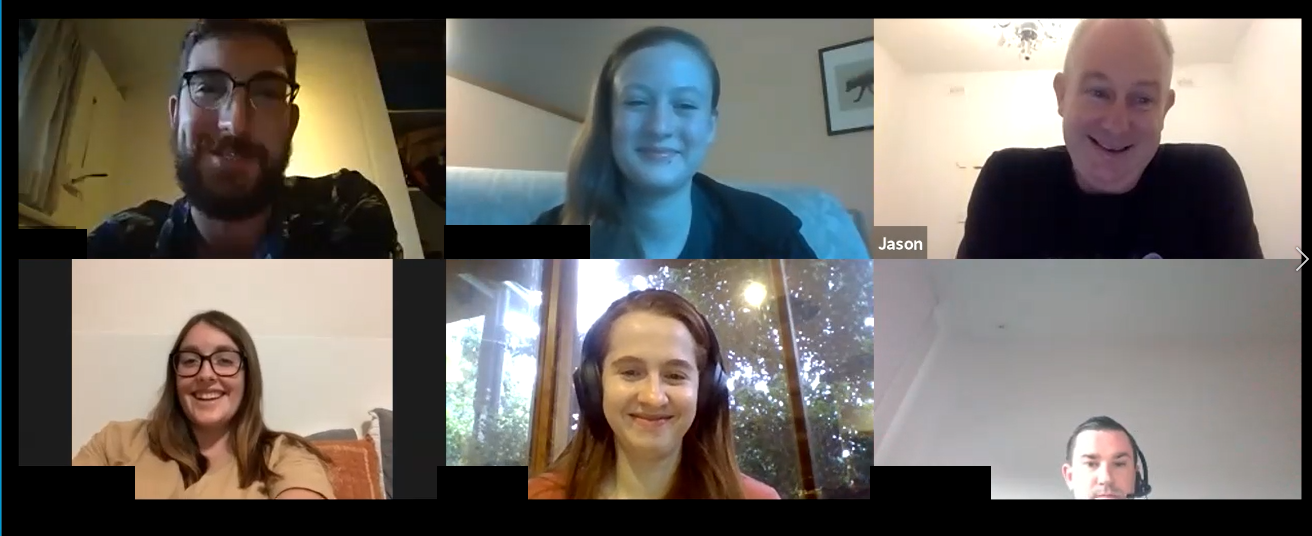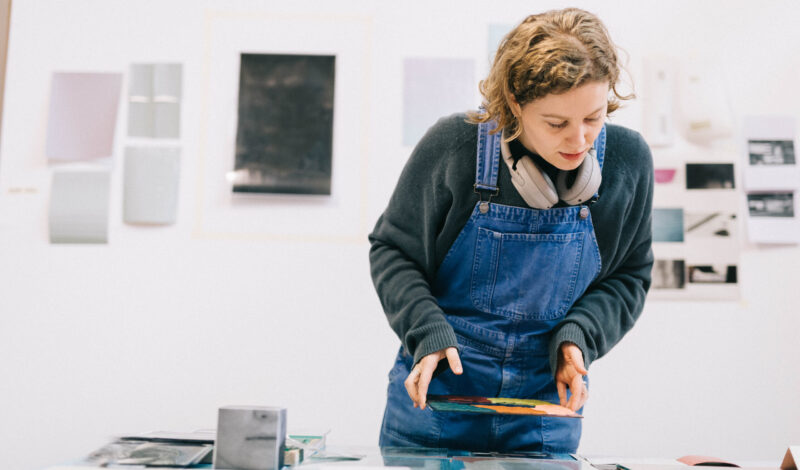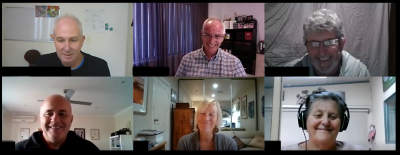Making sense of the ‘new’ normal (20-29 year olds)
Connection has been a big theme in recent weeks – being connected with the latest news, staying socially connected, testing the strength of internet connections under the strain of video calls and content streaming.
For the group of 20-somethings that recently spoke to Square Holes in a digital focus group, keeping connected is a fine balance.
From too much media coverage:
“At the start, I was definitely looking at the global news and very quickly that became too much. It would scare me and make me panic, so I just narrowed it down to Australia. Most of the time now I just look at South Australia things. There’s nothing I can do about China or England.”
“I hooked into the WhatsApp news that the government have set up, and it gives you certain stats about what’s going on. So that’s been useful for instantaneous information about the cases and quick blow by blows in terms of what’s changed. ABC have been the main news source but honestly I’ve been trying to keep away from it and not switch into it too much now. Because at the start of all this, I was on it pretty much every couple of hours. I was looking for news and what was going on, but that just wasn’t good for my health.”
To not enough social interaction with friends and family:
“Easter was really difficult for me. I’m a reasonably religious person so not being able to do Maundy Thursday, Good Friday, Easter Dawn service, which is my routine for Easter. Part of it is seeing those friends and that community, and part of it is that [Easter] is one of more the important festivals for us. There are things you can do at home – you can still do a bible reading; you can still do church online. But there is something about coming together as a community for that and saying that this is important to all of us and having a shared experience. Which is part of where I feel the spiritual element, and that gets sucked away.”
For these digital natives, social media and video chats don’t cut it as a replacement for spending time with other people:
“I think we underestimate the benefits of socially interacting in person. I think it’s that you can do things together. You can call someone on the phone and have a conversation, but you can’t go out for dinner or go out for drinks. It’s just different because it’s the actual doing something with people.”
However, it has created a new desire to participate in offline activities that will continue after the lockdown has ended.
“I’ve started riding my bike again more regularly because that’s what we can do to get out of the house. So I’ve been able to get on the bike. I started doing that last week and I’ve found that my mental health has just skyrocketed. It’s become so much better, so much more relaxed, more OK with everything that’s going on.”
“I think it is just having that time to do things that you like doing… You have time to fit in extra things. Like I’ve been baking and learning Spanish.”
“My evenings have been pretty free recently, which has been nice because I feel like I’ve actually spent time with my husband for once. So I’m hoping to keep them free, because I’m enjoying it.”
Read more from our previous discussion with teenagers, and stay tuned for future conversations with more age groups.




